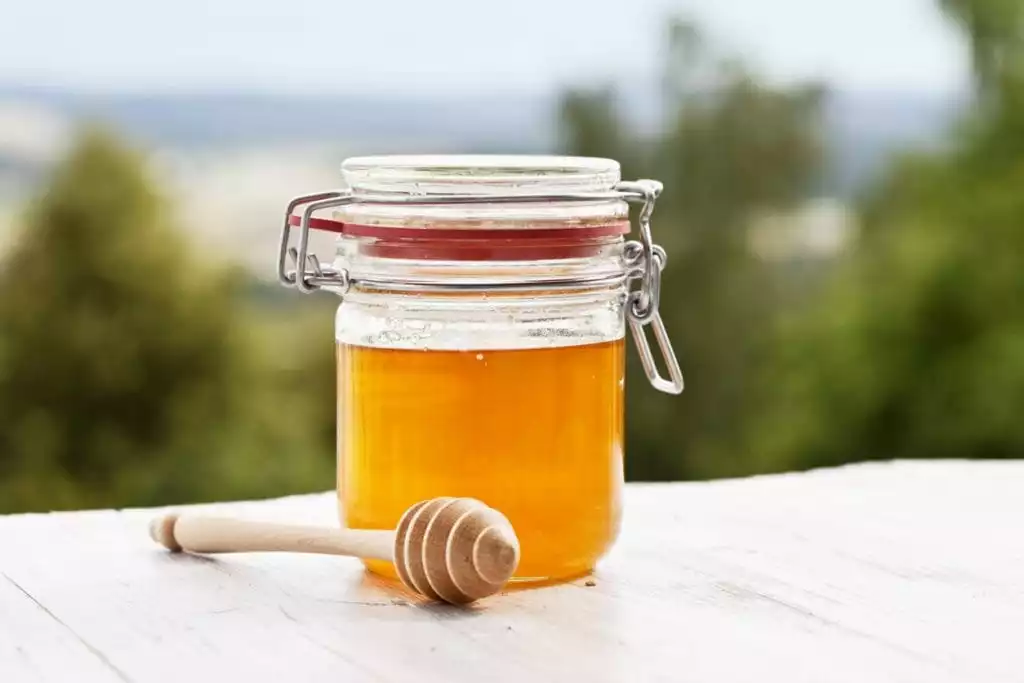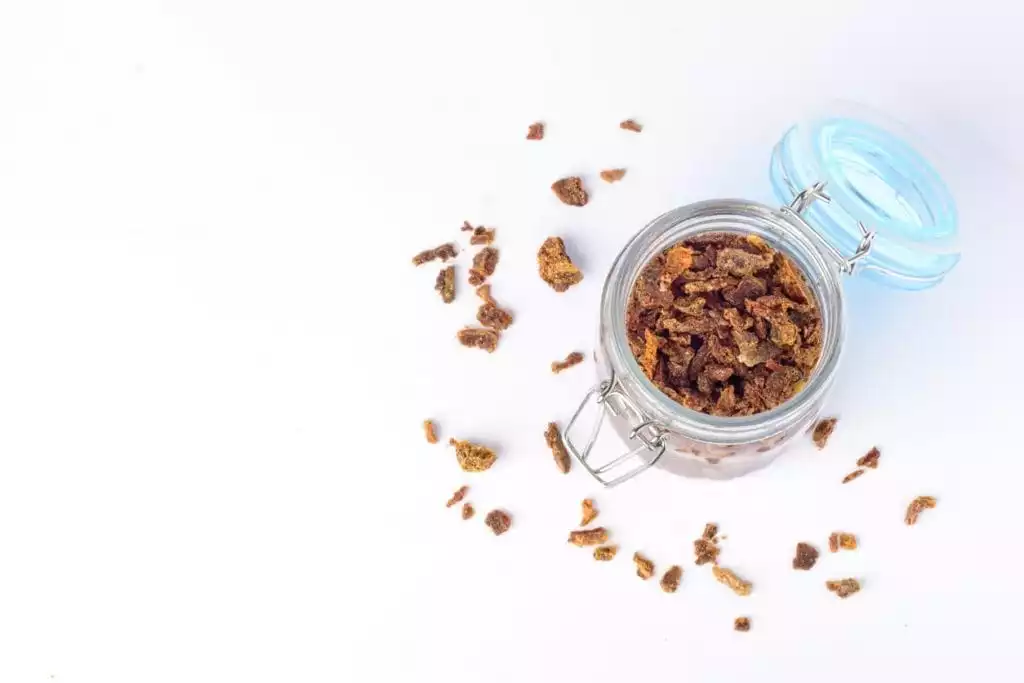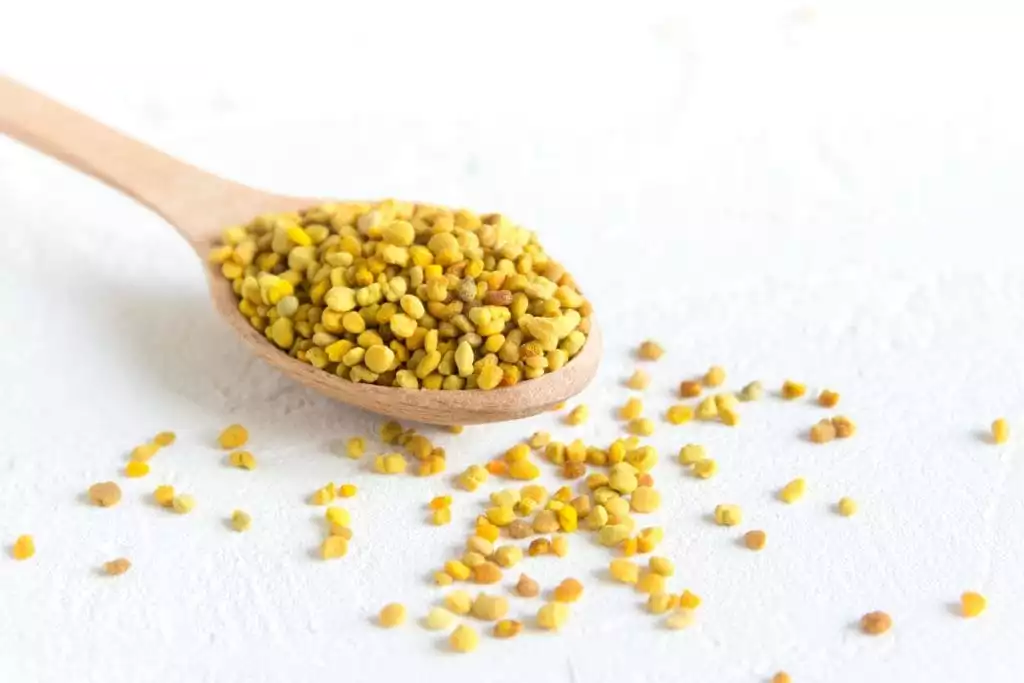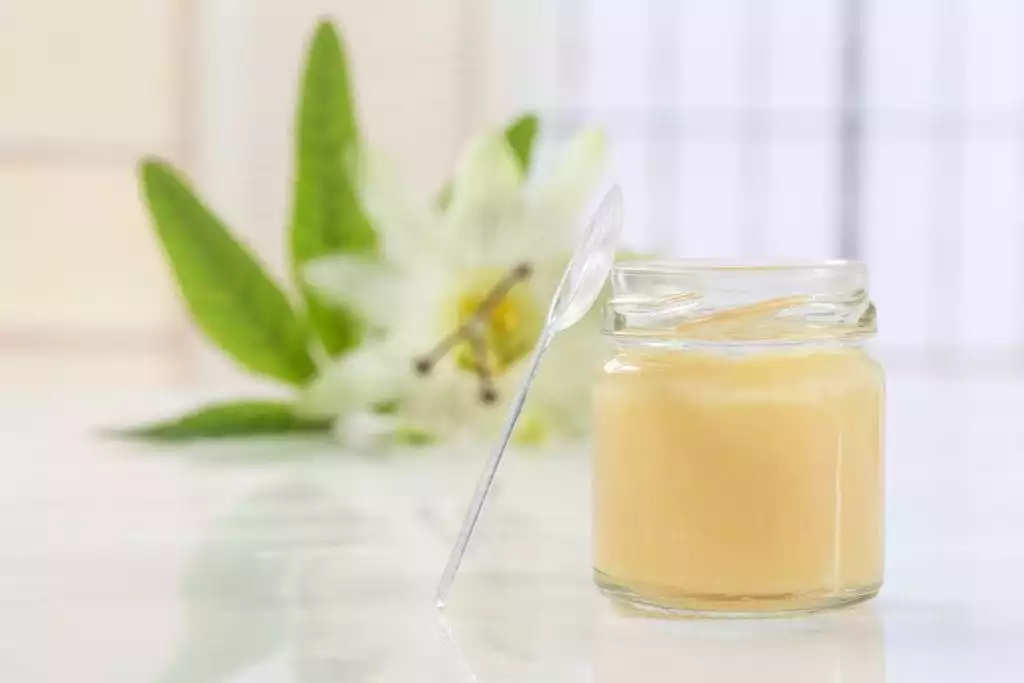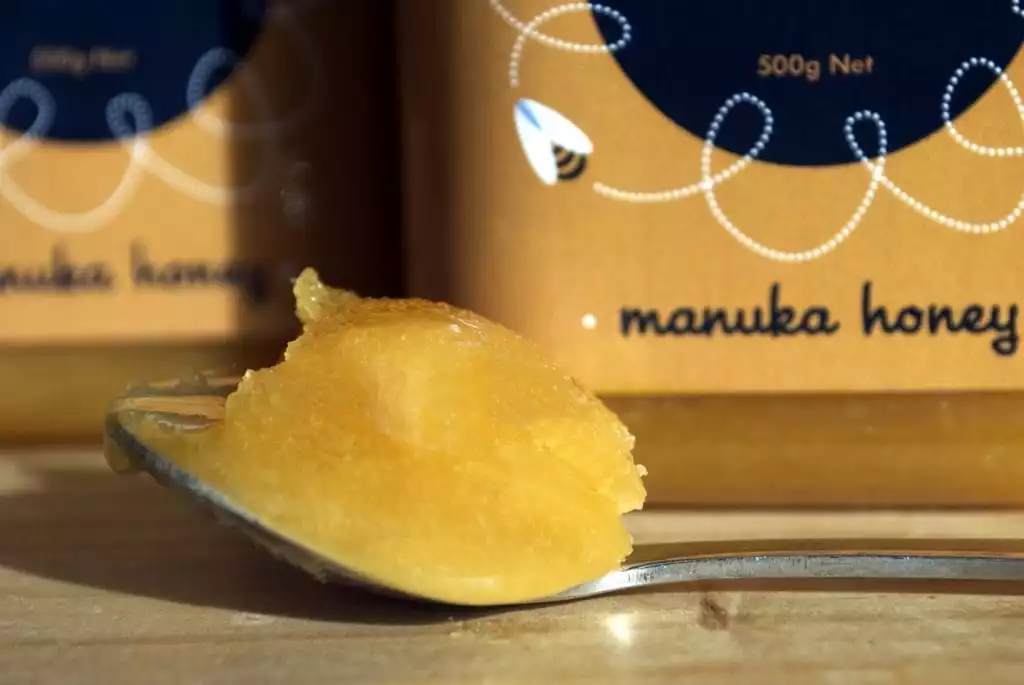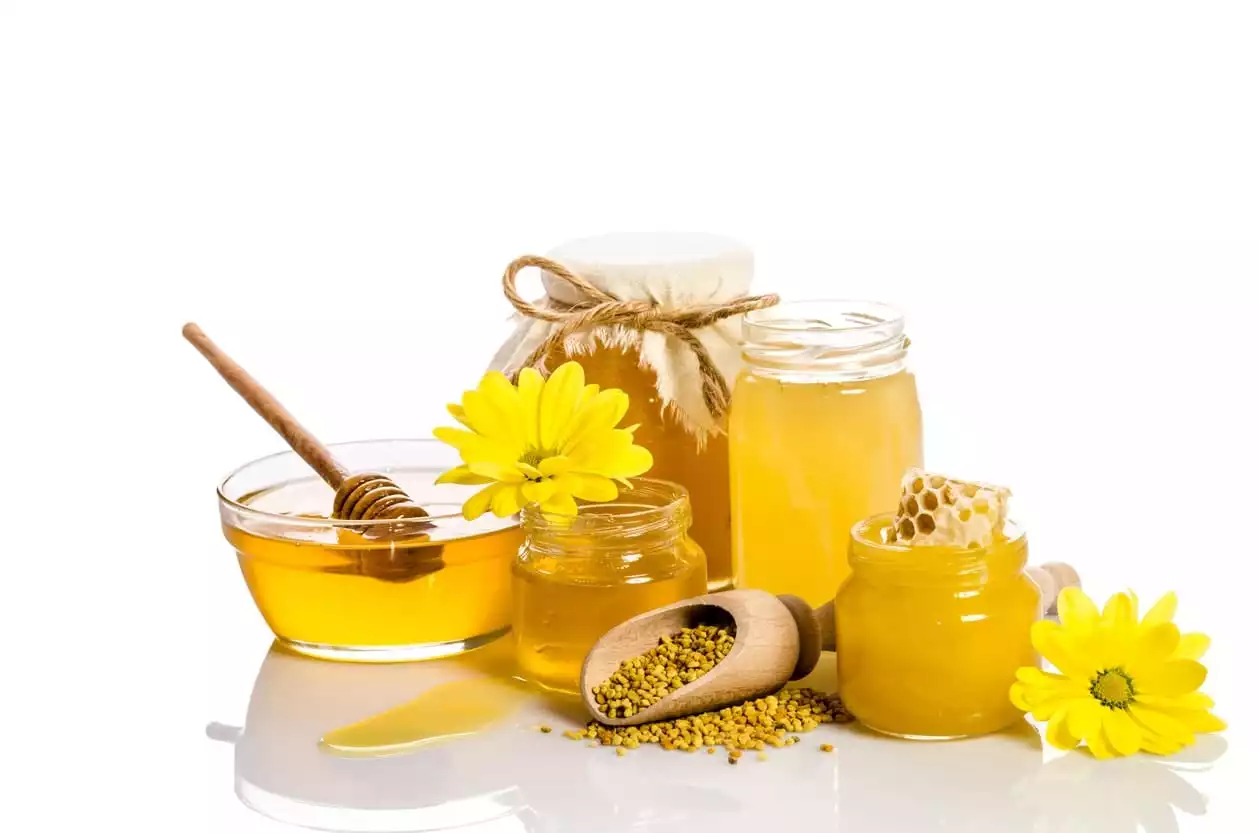
There’s been a lot of ‘buzz’ about bees in recent years, owing to the diminishing bee colonies and the greater threat this poses to our entire ecosystem; our crops aren’t going to pollinate themselves. When you come to understand how critical these species are to our existence, it becomes easier to recognize their value on a more intimate level. Bee products and byproducts of these small insects hold incredible value to human health, and you may have never even heard of some of them!
Of course, this secret has actually been out for countless millennia. Bees have been revered for their healing potential since the dawn of civilization, with early humans recording their use of bee products in hieroglyphs and cave paintings. Today, science has confirmed what early healers have always known: bee products can be used to treat a surprising variety of ailments, from the common cold to multiple sclerosis.
Types of Bee Products
Read on to learn how to unlock the secrets of the bee kingdom by stocking up on these five essential items:
- Raw Honey
- Propolis
- Bee Pollen
- Royal Jelly
- Manuka Honey
All five of these products from bees have amazing health benefits for humans. Below, we’ll go into detail about each bee product.
1: Raw Honey
What it is:
The sugary liquid produced by honeybees from the nectar of flowers. In its raw (unheated) form, honey is rich with antioxidants, living enzymes, amino acids and other nutritive qualities.
What it does:
Aside from being a healthier alternative to cane sugar (honey has a lower GI value, which means it won’t raise blood sugar levels as quickly), raw honey has countless therapeutic applications. Its antibacterial and anti-inflammatory properties make it an effective wound healer, as it nourishes damaged tissue. Likewise, you can apply raw honey to the face as a nourishing, acne-fighting facial mask (try it with oatmeal!).
Taken by the spoonful, raw honey makes an excellent cough suppressant as it coats and soothes the throat; its antibacterial properties add to its efficacy at treating cold symptoms, as well as rendering it helpful with gastrointestinal problems.
During allergy season, taking raw honey can alleviate symptoms as it acts as a kind of natural vaccine: the small amount of pollen present in the honey can trigger an immune response that produces antibodies to the pollen, preparing you for future encounters with airborne pollen.
Perhaps less known is raw honey’s ability to aid in getting a good night’s sleep: bee products in the form of honey encourages the release of tryptophan in the brain, naturally promoting sleepiness. Taking a tablespoon before bed can also keep up the supply of glycogen stored in the liver, so your body doesn’t wake itself up in a panic as it tries to keep up its blood sugar levels (one reason many people suffer from interrupted sleep patterns).
What to look for:
Raw honey should not be heated or filtered. This preserves the beneficial pollen count. Rather, look for honey that is opaque, cream-colored or crystallized as a good sign that pollen is present.
For allergies, locally-produced honey is ideal as it will contain the pollens most common to a particular area. For more serious topical applications, look for Medihoney at your local pharmacy.
2: Propolis
What it is:
“Bee glue”; a dark, sticky mixture of beeswax and tree resins used as a hive sealant and to line the cells that house bee larvae.
What it does:
Propolis is a natural antibiotic with antiviral properties. Traditionally, these bee products are popular to kill colds and the flu. Studies have also found that it also combats a variety of fungi and parasites.
One can take Propolis internally to counteract specific ailments, or as a preventative measure during potential exposure to viruses or other harmful microorganisms. It has also been shown to decrease an enzyme (Tyrosine hydroxylase, or TH) responsible for increased blood pressure, and recent studies have suggested that it could provide treatment for bone wasting diseases like osteoporosis.
Studies into the effect of propolis on colon and prostate cancer cells have also yielded surprisingly positive results. Propolis makes an incredibly handy addition to any medicine cabinet, as it can treat food poisoning, sore throats, ulcers, cold sores, warts, and injured teeth, to name just a few of its many benefits!
What to look for:
Although alcohol-free formulas may taste better, propolis is more bioavailable when extracted in alcohol; alternatively, propolis’ effects work synergistically with raw honey.
If you find that the flavor is too strong, look for encapsulated propolis supplements.
3: Bee Pollen
What it is:
Granules of pollen collected by worker honeybees and formed into pellets; also, a complete superfood!
What it does:
Aside from its benefits during allergy season (see Raw Honey, above), this superfood contains nearly all nutrients required by humans!
Bee pollen is 40% protein, about half of which is in the form of readily assimilable amino acids. When taken daily, it helps to regulate the intestines, provide energy, boost immunity, reduce cravings and addictions, support the cardiovascular system and tone the respiratory system with its anti-inflammatory effects on lung tissues.
In studies measuring its effects on depression, bee pollen gradually improves moods and restore the desire to live, especially in the elderly.
What to look for:
Fresh granules that haven’t been dried should be refrigerated to avoid slow fermentation; you can also find encapsulated supplements or blended honey formulas.
4: Royal Jelly
What it is:
A honey bee secretion that’s stored in a special honeycomb called the “queen cell,” which surrounds the larvae of queen bees to help them develop their queen morphology.
Due to the highly nutritive content of royal jelly, queen bees have greater longevity than other bees.
What it does:
Royal jelly contains a rich variety of nutrients such as minerals, B-vitamins and amino acids, including the 8 essential amino acids that humans can only get through their diet.
This unique combination of compounds provides a natural energy boost to the brain and body, improving cognition and stamina. Studies have also found royal jelly to be helpful in preventing the aging process, both physically (as a hormone regulator) as well as mentally (as a neuroprotectant).
What to look for:
While fresh royal jelly alone usually requires refrigeration, you can also find it blended with honey or encapsulated.
5: Manuka Honey
What it is:
A unique honey produced in New Zealand by bees that pollinate the native manuka bush, these bee products are highly-prized for its bioactive properties.
What it does:
Manuka honey has a wide range of cosmeceutical applications and is an excellent ingredient in skin care products, but its most impressive results are achieved when the honey is taken internally.
Its incredible antibacterial and antifungal activity make it a great resource for treating gastrointestinal issues like candida and gastritis, along with its ability to promote the repair of damaged intestinal mucosa and to stimulate tissue growth.
Manuka honey is recognizable for its ability to treat external wounds, as these properties demonstrate. More recently, there are studies to investigate manuka honey for its potential to fight cancer cells. Taken daily, manuka honey tones the digestive tract and wards off infection.
What to look for:
There are various grading systems used to catalogue manuka honeys according to their antibacterial properties. The most reliable ratings are the UMF and MGO ratings. The higher these ratings, the more medicinal these honeys will be (and more expensive).
When choosing a UMF-graded manuka honey, anything rated UMF 10+ and above is Active (antibacterial enough for therapeutic use). Any honey with a UMF rating above 15+ will be medicinal grade.
When choosing an MGO-graded honey, you want a honey that is at least MGO 30 for maintaining good health; a honey in the MGO 100-400 range will have high antibacterial activity, but the honeys with superior healing properties will be over MGO 400.
Note that some brands of manuka honey will list numbered ratings (e.g. “10+”) without specifying whether this rating refers to the UMF or MGO systems; often, these brands’ ratings conform to systems that have not been approved by the UMF association or any other regulated association.
Without these ratings, you may be purchasing manuka honey that is better for cosmetic use.
These bee products and more are now available in the Burt’s Pharmacy Wellness Department. Stop by today to learn more about these bee products, and how you can implement them into your daily routine!
This article is by Kelly Schreiber, Wellness Consultant and Post Office Manager at Burt’s Pharmacy and Compounding Lab. It first appeared in Dos Vientos Living Magazine.
Works Cited:
https://www.ncbi.nlm.nih.gov/pmc/articles/PMC5549483/
https://www.ncbi.nlm.nih.gov/pmc/articles/PMC3491439/
https://www.ncbi.nlm.nih.gov/pmc/articles/PMC4377380/
https://www.ncbi.nlm.nih.gov/pmc/articles/PMC3609166/
https://www.ncbi.nlm.nih.gov/pubmed/28901255
https://export-x.com/category/manuka-honey/
http://manukahoneyorganic.com/what-is-umf/

 info@burtsrx.com
info@burtsrx.com
